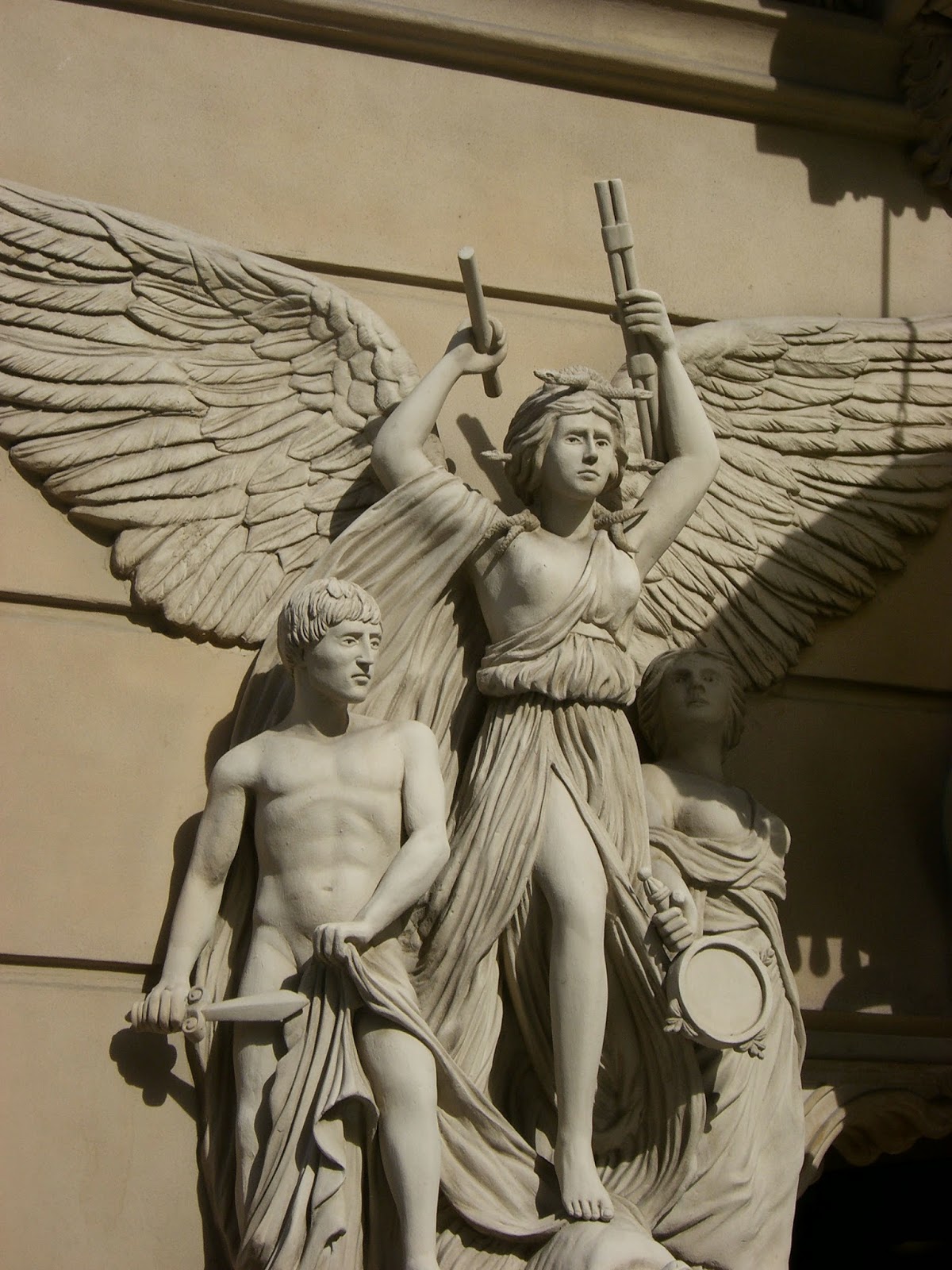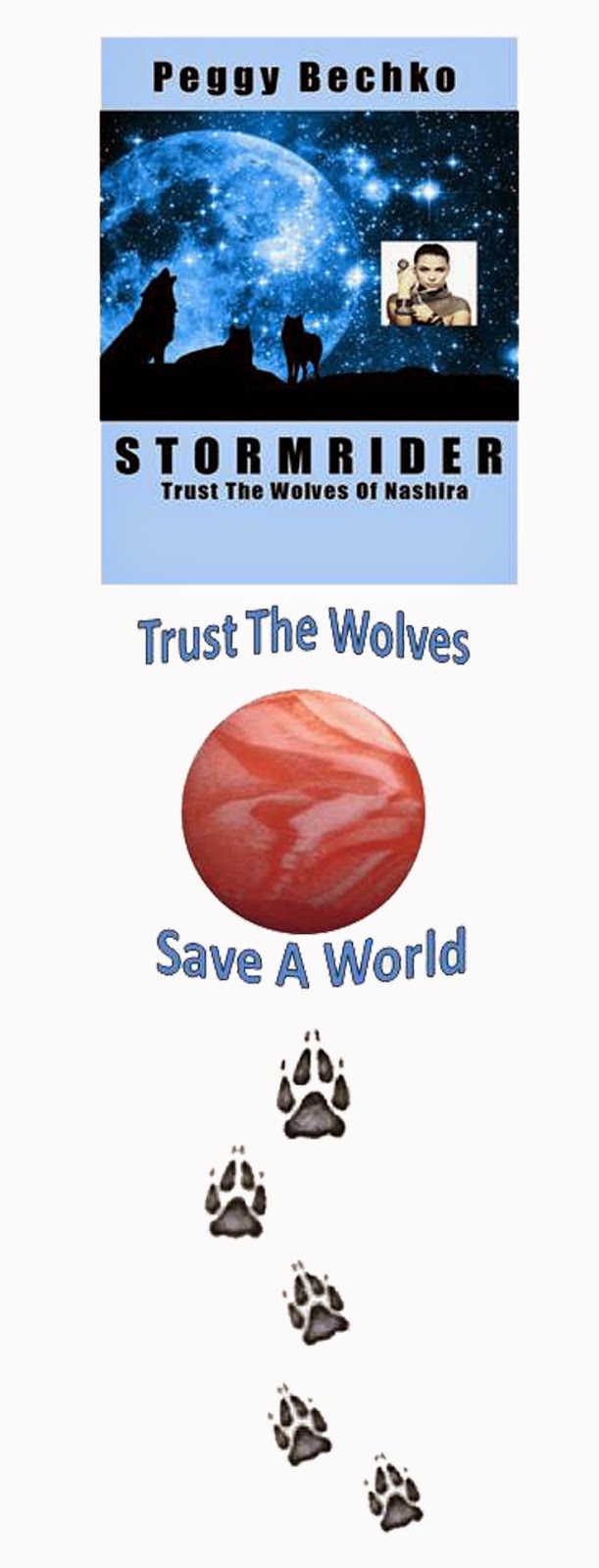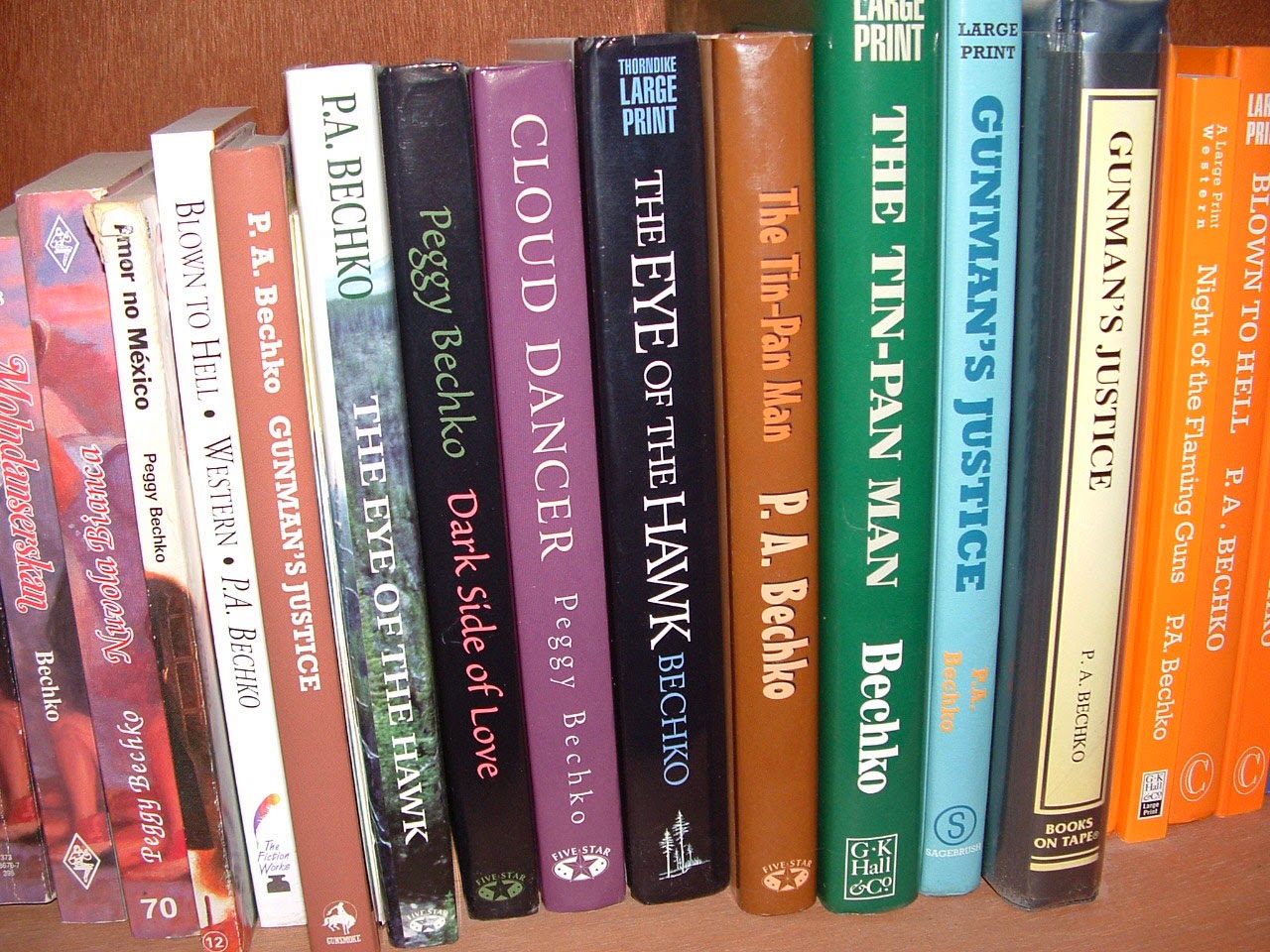Have you ever thought about how much the United States – and all it’s
readers and writers owe to Thomas Jefferson?
Throughout his life, books were vital to Thomas Jefferson's education
and well-being. When his family home Shadwell burned in 1770 he most mourned
the loss of his books.
Thomas Jefferson was born on April 13, 1743, in Shadwell, Virginia. As
a boy, Thomas Jefferson's favorite pastimes were playing in the woods,
practicing the violin and reading – yes, READING. He began his formal education
at the age of nine, studying Latin and Greek at a local private school. At the
age of 14, he took up further study of the classical languages as well as
literature and mathematics. A boy who grew to a man for whom reading and
learning was second only to breathing.
Yes, he drafted the U.S. Declaration of
Independence; he was the first secretary of state (1789-94), second vice
president (1797-1801), and, as the third president (1801-09), the architect of
the Louisiana Purchase. Impressive.
 But, for those who love books, even more impressive is his gift to the
nation of the Library of Congress. Now I’m not saying he built it, but he did
acquire thousands of books for his library at Monticello, that personal library
constantly evolving. And when the British burned the nation’s Capitol and the Library
of Congress (with it’s 3,000 book collection) in 1814 Jefferson, having acquired
the largest personal collection of books in the United States, offered to sell his library to Congress as a
replacement for that loss, promising to accept any price set by Congress.
But, for those who love books, even more impressive is his gift to the
nation of the Library of Congress. Now I’m not saying he built it, but he did
acquire thousands of books for his library at Monticello, that personal library
constantly evolving. And when the British burned the nation’s Capitol and the Library
of Congress (with it’s 3,000 book collection) in 1814 Jefferson, having acquired
the largest personal collection of books in the United States, offered to sell his library to Congress as a
replacement for that loss, promising to accept any price set by Congress.
The broad scope of Jefferson's library was a cause for criticism by
congress of the purchase, but Jefferson extolled the virtue of its broad sweep
and established the principle of acquisition for the Library of Congress: " I do not know that it
contains any branch of science which Congress would wish to exclude from this
collection . . . there is in fact no subject to which a member of Congress may
not have occasion to refer."
The
total number of books received by the Library of Congress from Jefferson was 6,487 which more
than doubled the original size of the library. Then, proclaiming that "I
cannot live without books," Jefferson began a second collection of several
thousand books. The man was obsessed – but in the view of readers in a very positive way.
Jefferson hoped for a national impact from his library and commented, "an
interesting treasure is added to your city, now become the depository of
unquestionably the choicest collection of books in the US, and I hope it will
not be without some general effect on the literature of our country."
Then, disaster, a second fire on Christmas Eve of 1851 destroyed nearly
two thirds of the books Congress had so recently purchased from Jefferson.
Nevertheless Jefferson's collection was the seed from which the Library
of Congress grew into the world's largest library today. It is these days accessible
to all Americans through its Web sites and in three buildings on Capitol Hill
(if you haven’t visited, put it on your list) and it continues to grow.
Other than books, the collection includes millions of newspapers, maps,
prints, photographs, sound recordings, films and digital materials, as well as
the personal papers of hundreds of famous Americans including 23 U.S.
presidents.
If you have a shelf of books at home, and I suspect you do, think
of it as the beginning of your own private library. Imitate Mr. Jefferson.
Take time to visit your public and school libraries often (yes take a break from the computer). From the
beginning, libraries have played a vital role in American democracy. And we all know librarians are not to be messed with!
And don’t forget to thank Thomas Jefferson, source of a whole lot more
than the Declaration of Independence. A
modest man, one who believe that his greatest gifts to posterity came in the
realm of ideas rather than that of politics.
Upon his death, July 4, 1826, the
50th anniversary of the declaration of independence, his simple
tombstone in the family cemetery at Monticello reads: "Here was buried
Thomas Jefferson, author of the Declaration of American Independence of the
Virginia Statute for Religious Freedom, and father of the University Of
Virginia."
We could sure use Mr. Jefferson now.
Links:





